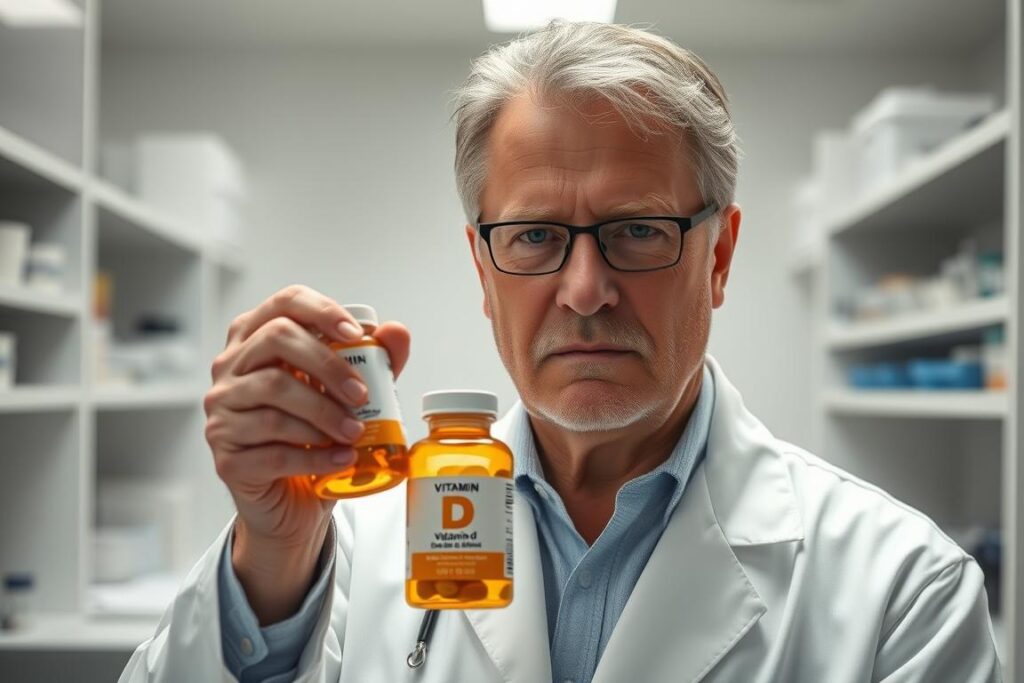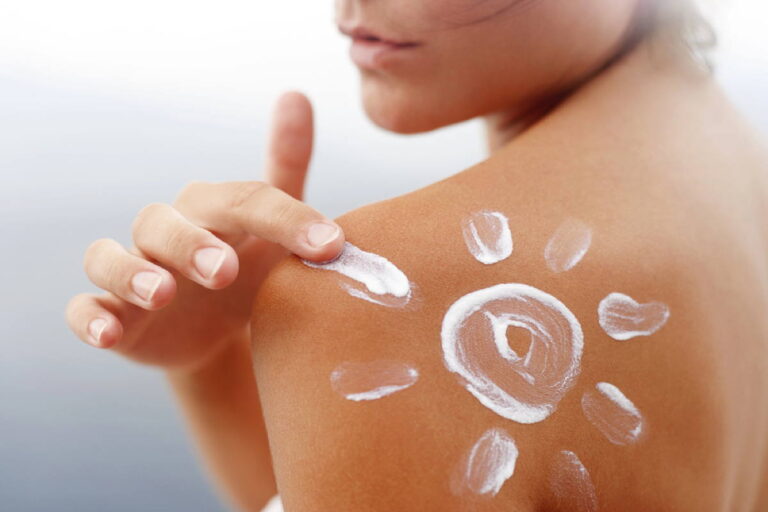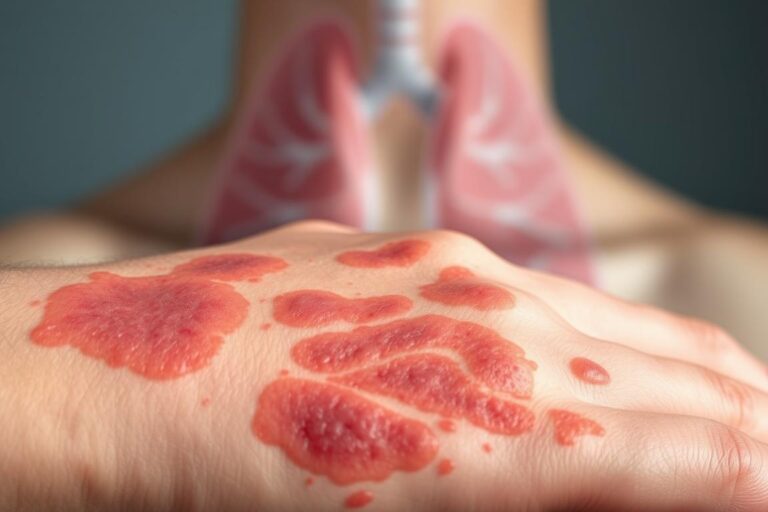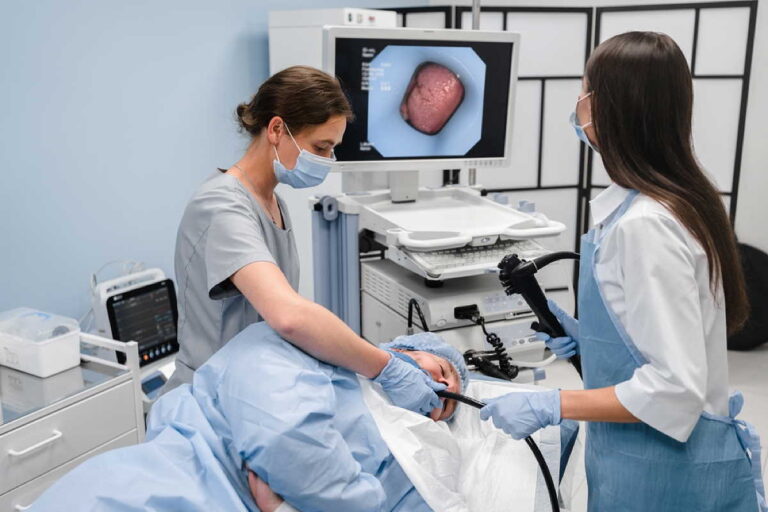Dr. Spitz: Vitamin D and corona
Did you know that a severe vitamin D deficiency increases the risk of a fatal COVID-19 disease by a factor of 18? According to Dr. Raimund von Helden and other experts, there is a clear link between low vitamin D levels and the risk of severe disease progression.
The scientific community continues to intensively research the link between a good vitamin D status and a lower severity of COVID-19 disease. Various studies and expert opinions, including that of Dr. Spitz, shed light on the potential of vitamin D as a preventive and supportive treatment method against the virus.
Dr. Spitz believes that vitamin D can play an important role in the fight against corona. His views are based on the knowledge that the so-called sun vitamin plays a crucial role in the immune system. In view of the fact that 15 percent of adults in Germany have an actual vitamin D deficiency, these findings are all the more important.
Find out more about the scientific studies, Dr. Spitz’s views and why vitamin D is so valuable right now, in times of the corona pandemic, in the following sections.
Introduction: The link between vitamin D and COVID-19
The current pandemic has increased interest in potential preventive and therapeutic measures against COVID-19, including the role of vitamin D. Research shows that there is a statistical correlation between low vitamin D levels and a more severe course of COVID-19. In fact, several studies indicate that vitamin D deficiency may increase the risk of severe complications and higher mortality rates from COVID-19.
Data from a Boston study of 235 patients shows that patients with sufficient vitamin D levels had a significant reduction in serum CRP levels, an inflammatory marker. Patients with inadequate vitamin D levels, on the other hand, suffered more frequently from serious complications, including an increased mortality rate. A similar study with almost 200,000 participants found a SARS-CoV-2 positivity rate of 12.5% in patients with vitamin D levels below 20 ng/ml, compared to 5.9% in those with levels above 55 ng/ml.
The results of a German study are particularly noteworthy, showing that 22% of symptomatic patients had vitamin D levels below 12 ng/ml and 64% had levels below 20 ng/ml. Patients with vitamin D levels below 12 ng/ml had a 14.7-fold higher risk of death compared to those with levels above 12 ng/ml. The need for mechanical ventilation was also 6.12 times higher in patients with low vitamin D levels.
It is becoming increasingly clear that vitamin D and COVID-19 are more closely linked than previously thought. The benefits of an adequate supply of this important micronutrient could help to strengthen the immune response, reduce complications and improve patients‘ overall chances of survival. The vitamin D corona link should therefore not be underestimated and further research is needed to understand the exact mechanisms and benefits.
Dr. Spitz: Vitamin D and Corona – His point of view
Dr. Spitz emphasizes the role of vitamin D in strengthening the immune system and its potential ability to protect against COVID-19. In his theory, he explains that vitamin D plays a crucial role in immune strengthening, which could be of great importance in times of the pandemic. According to Dr. Spitz’s vitamin D theory, adequate vitamin D levels could reduce the risk of severe disease progression.

Vitamin D boosts the immune system
The immune boost provided by vitamin D is one of Dr. Spitz’s main arguments. Sufficient vitamin D intake enables the immune system to work more efficiently and thus fight viruses and bacteria more effectively. This is particularly important in the current coronavirus pandemic, as a strengthened immune system could help to prevent the serious consequences of an infection.
Scientific studies and their results
Scientific studies Vitamin D Corona have shown different results. For example, a study of 50 COVID-19 patients who received vitamin D in addition to standard therapy showed that only one patient had to be admitted to intensive care, compared to over 50% of patients in the control group without vitamin D. These studies suggest that vitamin D could be helpful in preventing severe disease progression. However, there are also studies that show no significant protective effect against COVID-19. The Federal Institute for Risk Assessment has stated that there are no studies that prove that taking vitamin D protects against infection.
| Study | Result |
|---|---|
| Study with 50 COVID-19 patients | Only 1 patient in the intensive care unit with vitamin D; over 50% without vitamin D |
| BfR | No evidence that vitamin D protects against infection |
These mixed results show that further scientific research is needed to determine the exact role of vitamin D in immune boosting and protection against severe COVID-19 courses. Nevertheless, Dr. Spitz’s theory and vitamin D immune boosting remains of great interest in the discussion.
Vitamin D deficiency in Germany: how widespread is it really?
In Germany, it is often assumed that many people suffer from a vitamin D deficiency. Despite this widespread assumption, official data from the Robert Koch Institute shows that only around 15% of adults actually have such a deficiency. However, this figure varies considerably due to geographical, seasonal and demographic factors.
First of all, we should look at the average daily intake of vitamin D. Adults in Germany consume between 2 and 4 μg of vitamin D per day, while the requirement is estimated at around 20 μg if there is no endogenous production. This shows a considerable gap in dietary intake.
Interestingly, the body can produce up to 90 % of the vitamin D it needs itself in summer. Fair skin types only need to expose their face, hands and arms to the sun for around 15 minutes a day in order to synthesize sufficient vitamin D. However, as we get older, our own production decreases: a 40-year-old can only produce around 75% and a 70-year-old only half the amount of vitamin D compared to a 20-year-old.
The following comparative diagram also shows the prevalence of vitamin D deficiency in different age groups:
| Age group | Average vitamin D level(nmol/l) | Percentage with vitamin D deficiency in Germany (%) |
|---|---|---|
| 18-39 years | 54 | 12% |
| 40-59 years | 48 | 20% |
| 60-79 years | 43 | 30% |
| 80+ years | 38 | 35% |
The German Nutrition Society recommends a daily intake of 20 μg of vitamin D if you do not produce enough. An adequate supply is particularly important in the winter months, as around 60% of Germans suffer from a vitamin D deficiency during this time. Vitamin D deficiency in Germany can have significant health consequences – from bone pain and fractures to an increased risk of femoral neck fractures due to osteomalacia. Experts estimate that one in three femoral neck fractures is due to osteomalacia caused by vitamin D deficiency.
Finally, the German Federal Institute for Risk Assessment argues that overdoses of vitamin D can also pose risks such as hypercalcemia, cardiac arrhythmias and kidney stones. In general, a German vitamin D level of at least 50 nmol/l (20 ng/ml) in serum is considered necessary to maintain bone health.
The importance of vitamin D for the immune system
Vitamin D is crucial for the function of the immune system. Almost all body cells have receptors for vitamin D, including the cells of the immune system. This underlines the far-reaching role that vitamin D plays in maintaining our health. It is becoming increasingly clear that adequate vitamin D levels are essential to optimally support and strengthen the immune system.
Vitamin D and the function of the immune system
Research shows that vitamin D can inhibit the inflammatory response induced by the immune system, for example as a result of cellular stress. Vitamin D also promotes special immune cells that support repair processes in the body. Studies conducted by Harvard University in 2015 show that vitamin D regulates the formation of cathelicidin, an important component of innate immunity with antimicrobial and immunomodulatory capabilities. Vitamin D therefore not only plays a role in the immune system vitamin D function, but also in the vitamin D virus defense.
How vitamin D helps in the defense against coronaviruses
Vitamin D supports the formation of tight junctions between the intestinal cells, which improves the defense against bacteria and viruses. This function can help to prevent leaky gut and thus relieve the immune system. Studies show the effectiveness of cathelicidin against viruses such as herpes, influenza, HIV and SARS viruses. There is a significant inverse correlation between the COVID-19 mortality rate and the mean vitamin D level in 12 European countries, indicating possible vitamin D COVID-19 protection.
While in Scandinavia only 5% of the population is affected by low vitamin D status, in Germany, France and Italy more than 25% of the population suffers from vitamin D deficiency, especially older people. In Austria, up to 90% of senior citizens are affected. These deficiencies can have a significant impact on health, especially in terms of viral defense.
Dealing with the corona pandemic: the role of prevention
In the context of the corona pandemic, the importance of corona prevention is particularly emphasized. Sufficient vitamin D levels could be an essential part of this strategy in order to strengthen the immune system.
A study at the Spanish University Hospital in Cordoba shows impressive results: Out of 76 patients infected with SARS-CoV-2 who received high doses of vitamin D, only 1 patient had to be admitted to the intensive care unit, which is only 2 percent. In the control group, on the other hand, 50 percent required intensive care without vitamin D treatment.
This suggests that vitamin D could play an important role in corona prevention. The study also showed that none of the people treated with vitamin D died, in contrast to two deaths in the control group. These data underline the potential importance of vitamin D in corona prevention.
In addition, a study from June 2021 showed that higher doses of vitamin D reduced the recovery time for coughs from 9.1 to 6.2 days, which corresponds to a reduction of around 32 percent. The loss of taste that is common with colds returned after an average of 11.4 days with higher vitamin D doses, compared to 16.9 days without vitamin D.
In Germany, vitamin D production through UV exposure is not possible from October to March. However, according to a study by Kimball, Lee and Vieth, sunbeds with a high UV-B content can effectively contribute to vitamin D production. An optimal vitamin D level in the blood is defined as over 40 ng/ml, which helps to strengthen the immune system.
Recommendations for vitamin D intake during the pandemic
During the pandemic, it is recommended to ensure a good vitamin D status. A high vitamin D level can significantly reduce the risk of severe cases of COVID-19. Studies show that a vitamin D level of 50 ng/ml can provide good protection against infection. However, the risk of death is four times higher with a level of less than 20 ng/ml.
Recommended dosages for different groups
Vitamin D dosage should vary depending on age, skin color and existing health conditions. For adults, a daily dose of 4000 IU is recommended, while older people or people with darker skin color may require a higher dosage. Children should take smaller amounts depending on their age. In a Spanish study, only 1 out of 38 patients receiving high doses of vitamin D required intensive treatment, compared to 13 out of 38 without supplements. This highlights the importance of adequate dosing.
Natural vs. supplemented sources of vitamin D
Natural sources of vitamin D such as sunlight exposure are particularly beneficial. In Germany, however, vitamin D production from sunlight is not possible from October to March due to insufficient UV exposure. Vitamin D supplements can therefore be a necessary alternative during these months. In one study, the administration of vitamin D reduced the risk of COVID-19-related intensive treatment by 87% and the risk of death by 74%.
Another way to ensure adequate vitamin D levels is to use UV-B radiation devices. Although the strength of UV-B radiation in Germany is lower than in the USA, these devices can still effectively prevent vitamin D deficiency if used regularly.
Research and studies: Current findings on vitamin D and corona
The latest research findings further highlight the potential role of vitamin D in the prevention and treatment of COVID-19. A comprehensive analysis, which included 14 studies with around 105,000 participants, shows that taking vitamin D supplements regularly can have significant benefits. In cases of severe vitamin D deficiency, for example, there is an 18-fold higher risk of death from COVID-19. In addition, a study shows that among elderly residents of nursing homes who were regularly supplemented with vitamin D, all of the very elderly survived severe waves of infection.
Recent studies on vitamin D suggest that vitamin D may have a protective effect against COVID-19. In a British study of 76 hospitalized COVID-19 patients, the need for intensive care was reduced to 2% in those who received vitamin D compared to 50% in patients without vitamin D supplementation. In addition, it was observed that the daily intake of vitamin D led to a significant reduction in mortality, especially in elderly people over 70 years of age. Compared to high single doses of vitamin D, the daily low dose shows a significant benefit, with no discernible risk.
Remarkable progress has also been made in the general population, whose vitamin D levels have increased by 40 percent in the last ten years. Vitamin D shows significant benefits compared to newly developed vaccines in terms of protection against COVID-19. Vitamin D corona research proves that vitamin D is not only important for general health, but also specifically for the defense against COVID-19. These findings underline the need for further research and the promotion of vitamin D supplementation to support public health, especially in times of pandemic.






